Robert Mueller statement: What special counsel really meant
- Published
Robert Mueller: Charging Donald Trump "was not an option"
If a picture is worth a thousand words, a Robert Mueller statement is worth a 448-page report.
For the first time in his more than two years as special counsel, Mueller has spoken publicly about his investigation.
In addition to his announcement that his office is officially shutting down and he is returning to private life, Mr Mueller essentially gave a bullet-point guide to the results of his investigation.
Here are some key takeaways from his eight minutes in front of the nation.
America was under attack
Mueller began and ended his statement with a clear message to the nation. During the 2016 elections, America was under "concerted attack" by a foreign power.
Although he was careful to note that the indictments against Russian actors who attempted to influence the presidential election were "allegations" until proven in court, he described what he said were "sophisticated cyber techniques" to hack the computers and networks in an effort to damage Democrat Hillary Clinton's presidential campaign.
He also noted the Russian social media efforts to sow discord in the US political process.
"That allegation deserves the attention of every American," Mueller said in the last full sentence of his appearance.
There have been efforts in Congress to pass new legislation protecting the US electoral system, but at least so far those attempts have been stymied by Republicans.
Mr Trump himself has repeatedly called into question whether Russia was behind the cyber-attacks of 2016, and his aides - like presidential son-in-law Jared Kushner - have dismissed the allegations as "a couple of Facebook ads".
Mueller clearly wants the public to know that, after two years of investigation, he takes the threat much more seriously.
'Insufficient evidence' is not exoneration
The central thrust of Mueller's investigation was whether there was any criminal conspiracy - "collusion", as it has become commonly known - between Russian cyber-attacks and members of the Trump campaign.
While the Mueller report presented evidence of multiple contacts between members of then-candidate Trump's circle and Russian nationals, it made no criminal referrals. Mueller restated this on Wednesday.
"There was insufficient evidence to charge a broader conspiracy," the now former special counsel said - and left it at that.
A finding of "insufficient evidence" isn't exactly the "total exoneration" that Mr Trump claimed shortly after his attorney general released a four-page summary of Mueller's report in March. And in his first response to the Mueller statement, the president appeared much less definitive in his defence.
"There was insufficient evidence and therefore, in our Country, a person is innocent," Mr Trump tweeted. "The case is closed!"

The president will eventually get his bluster back, but at least for the moment the special counsel's appearance seemed to catch him a bit on his heels.
'Charging the president' not on table
Mueller has drawn considerable criticism for essential punting on the question of whether the president criminally obstructed the Russia investigation.
In his initial four-page summary of the report, Attorney General Barr was vague about why Mueller refused to make an obstruction determination.
Barr, however, was crystal clear that he - and, as a result, the justice department - did not view the president as having committed a criminal offence, regardless of what department guidance may say about the constitutionality of indicting a presidential.
Why no charge of obstruction of justice? A law professor breaks down the legal questions
On Wednesday, Mueller explained - as he did in his report - that he disagreed. He believed his hands were tied. Justice department lawyers had determined that the president could not be indicted and that the special counsel office - as part of the Department of Justice - is bound by that ruling.
"Charging the president with a crime was therefore not an option we could consider," Mueller said in one of the more dramatic moments of his eight-minute appearance.
He emphasised, however, that if Mr Trump was clearly innocent, his report would have said so. It didn't.
For the president's critics, this silence speaks volumes. Mueller noting this again from the podium only drove the point home.
That's all from Mueller
If Mueller has his way, ending the investigation will close the book on his part of this multi-year political drama.
"I hope and expect this to be the only time that I will speak about this matter," he said.
Hopes and expectations may not be sufficient, however, as Democrats in Congress continue to call for the former special counsel to appear before their committees and answer their questions - with subpoenas if necessary.
In anticipation of this, however, Mueller had a message for legislators. Don't get your hopes up. Any public questioning won't reveal information beyond what's printed in the report, he said. He won't comment on any "conclusions or hypotheticals about the president".
If America wants to know what he thinks, read the report.
"We chose those words carefully, and the work speaks for itself," he said.
The stone-faced ex-FBI head kept his silence for more than two years as his investigation was pounded by presidential condemnations and beset by rampant speculation from all quarters.
Is there any doubt he could stoically endure a few hours of congressional interrogation without breaking a sweat?
It's Pelosi's turn - whether she wants it or not
If Mueller has indeed said his piece, turned in his report and washed his hands of the matter, it's decision time for the Democrats in the House of Representatives.
They're certainly not going to let the matter end, as Republicans in the White House and Congress are insisting. Is it time for impeachment proceedings to begin?
Up until now, Speaker of the House Nancy Pelosi has insisted that the investigatory process continue in multiple congressional committees. Impeachment would derail these efforts, she says, focusing all attention on the House Judiciary Committee alone.
What's more, she adds, impeachment is exactly what Mr Trump wants. She says he can use it to drum up support in his base and will claim complete victory and exoneration when the Republican-controlled Senate almost certainly acquits him.
Mueller's statement may make this line harder to hold. He noted that the Constitution "requires a process other than the criminal justice system to formally accuse a sitting president of wrongdoing".
Impeachment is that process. There are a growing number of Democrats - and one Republican congressman, Justin Amash - who are ready to make those formal accusations. They argue that concerns about optics and politics should take a back seat to questions of right and wrong.
"Congress has a legal and moral obligation to begin impeachment proceedings immediately," tweeted New Jersey Senator Cory Booker, who is seeking the Democratic presidential nomination. "I've been asking for Mueller's testimony - today he made his views clear."
Ms Pelosi is a wily political veteran with an unparalleled ability to keep members of her caucus from breaking ranks. This may be her biggest challenge yet.
- Published18 March 2019
- Published14 February 2019
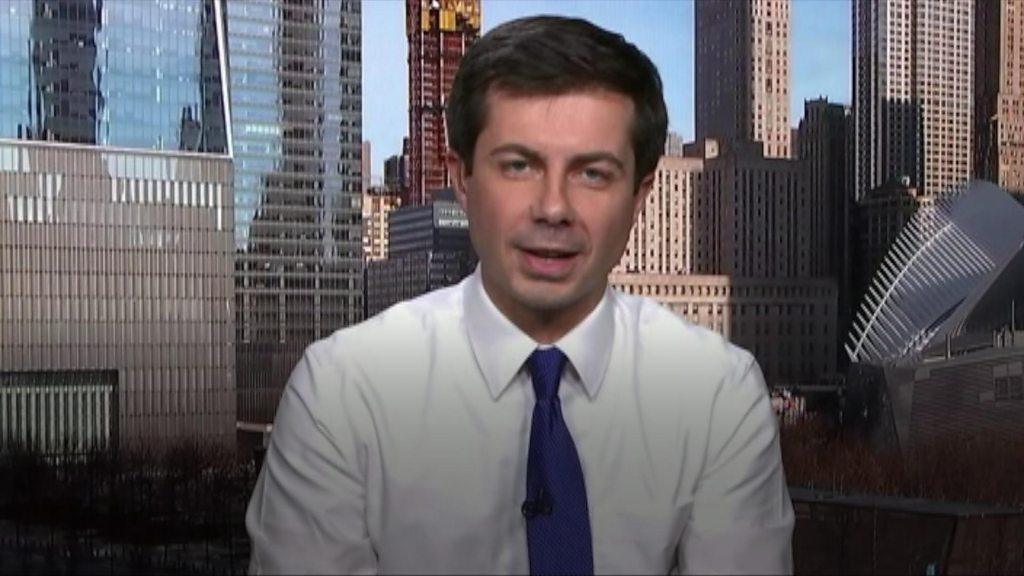
- Published22 March 2019
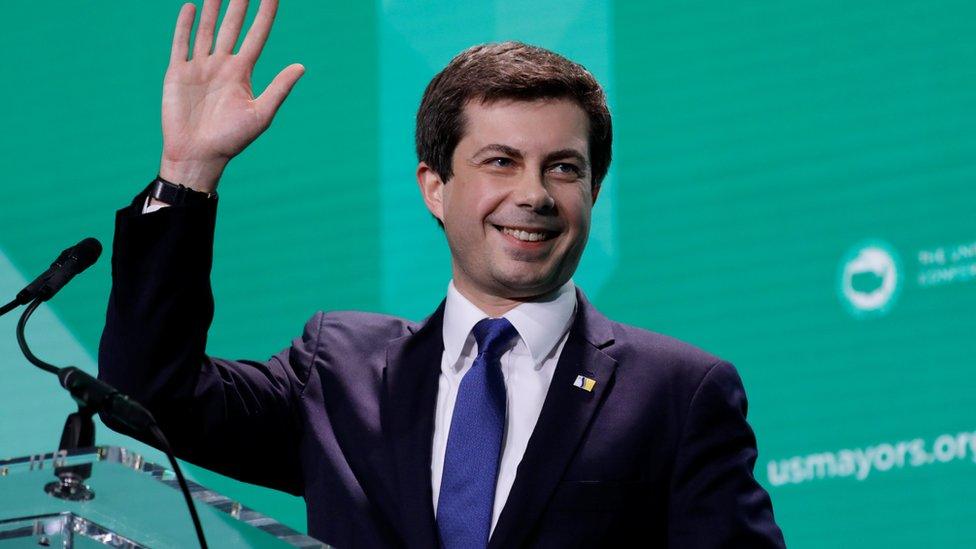
- Published23 January 2019
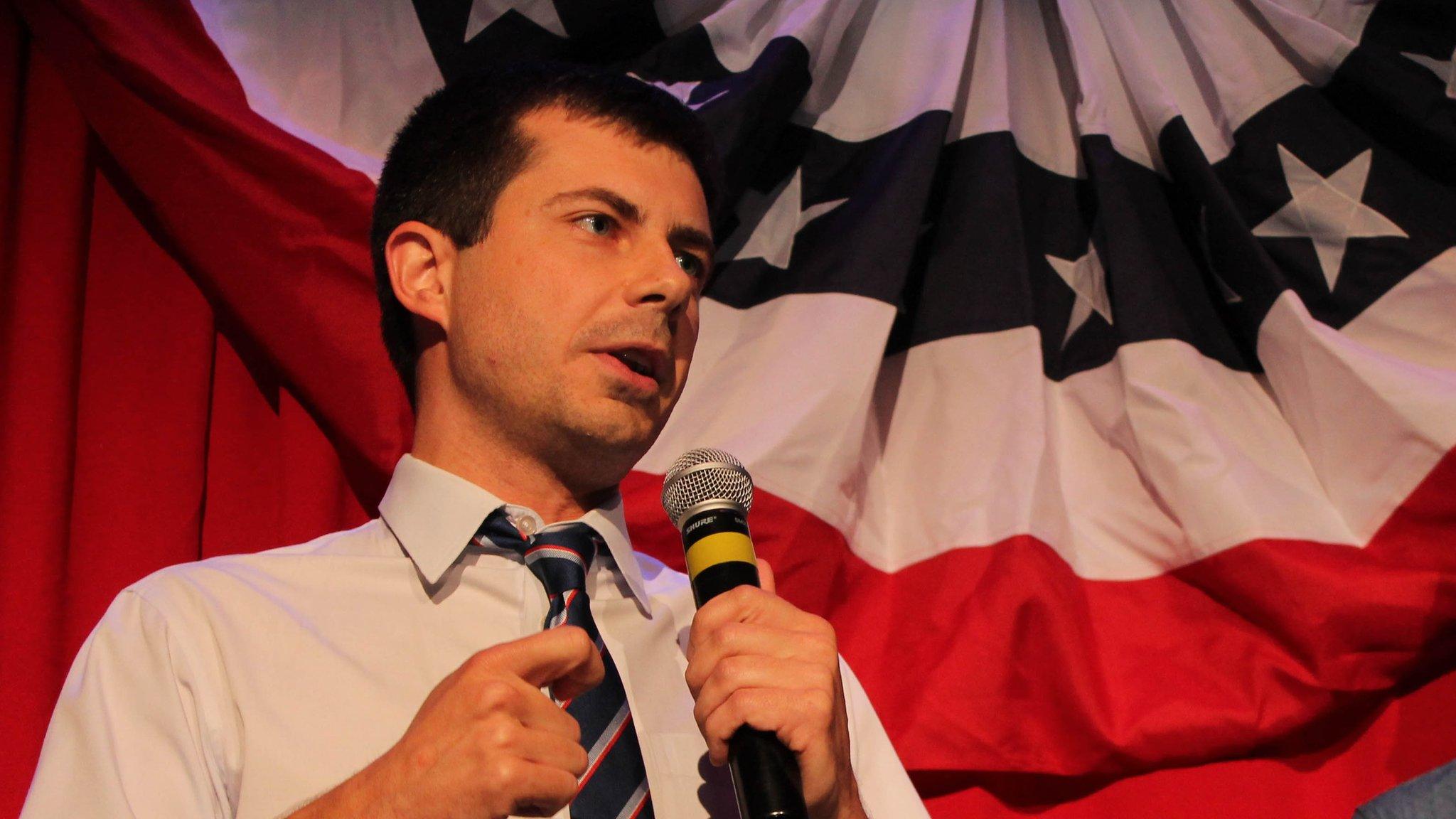
- Published1 April 2019
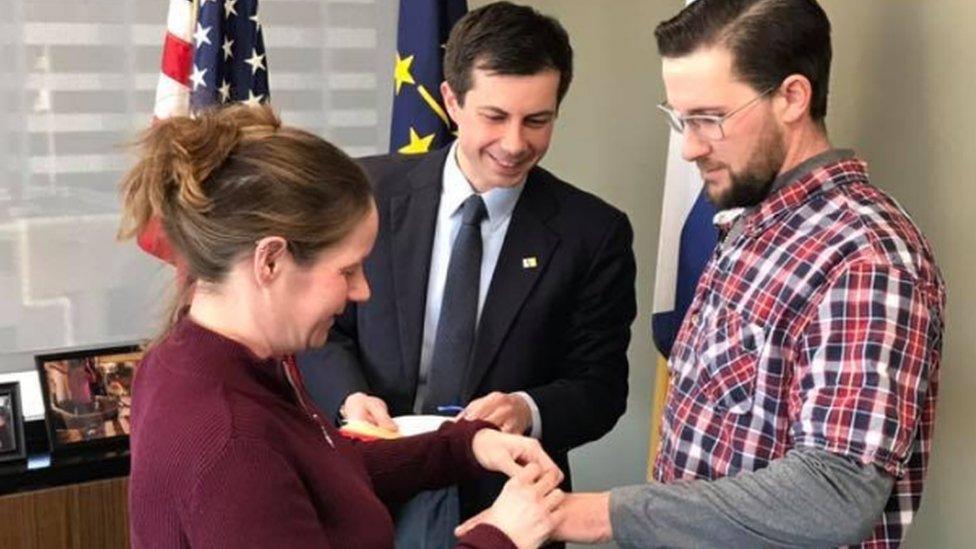
- Published3 April 2019
- Published26 March 2019
- Published5 March 2020
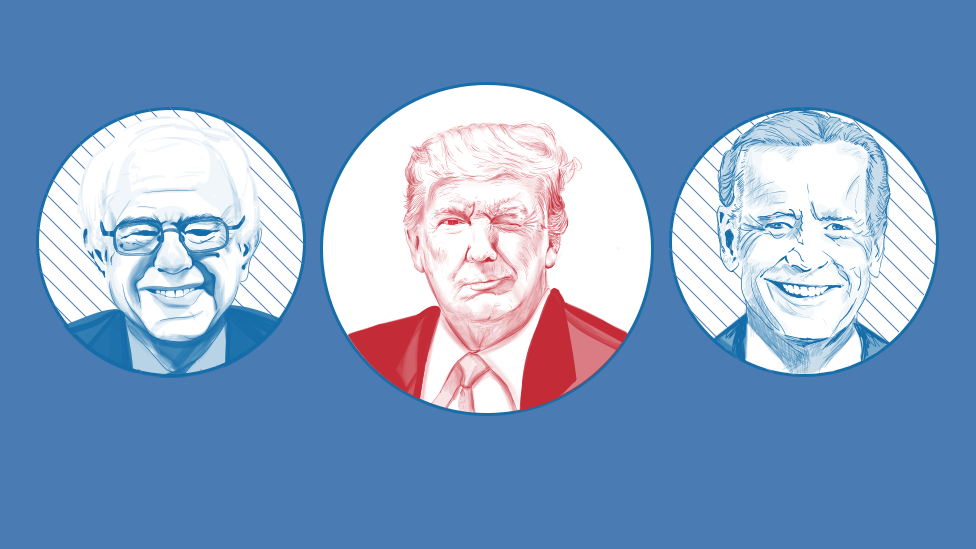
- Published12 March 2019
